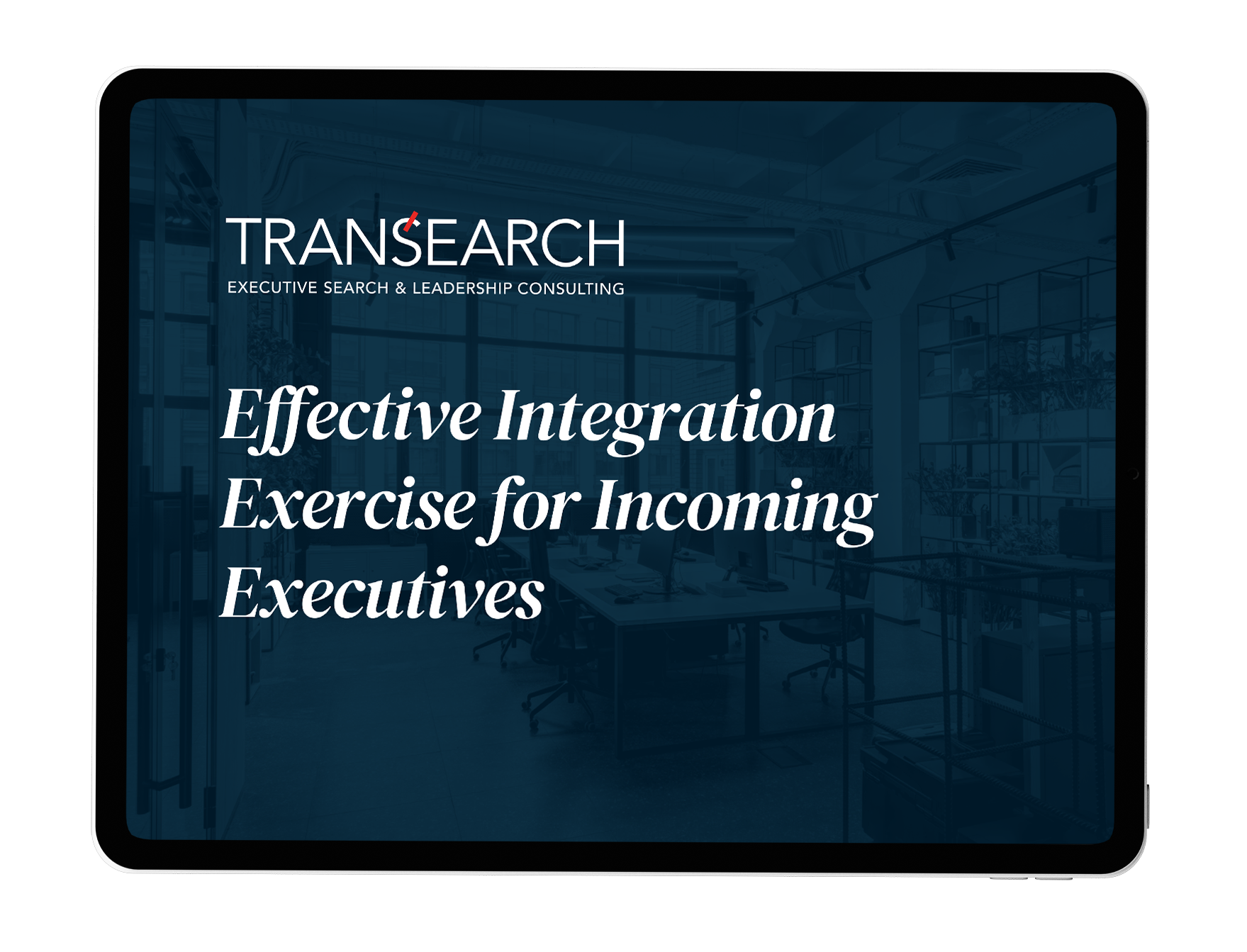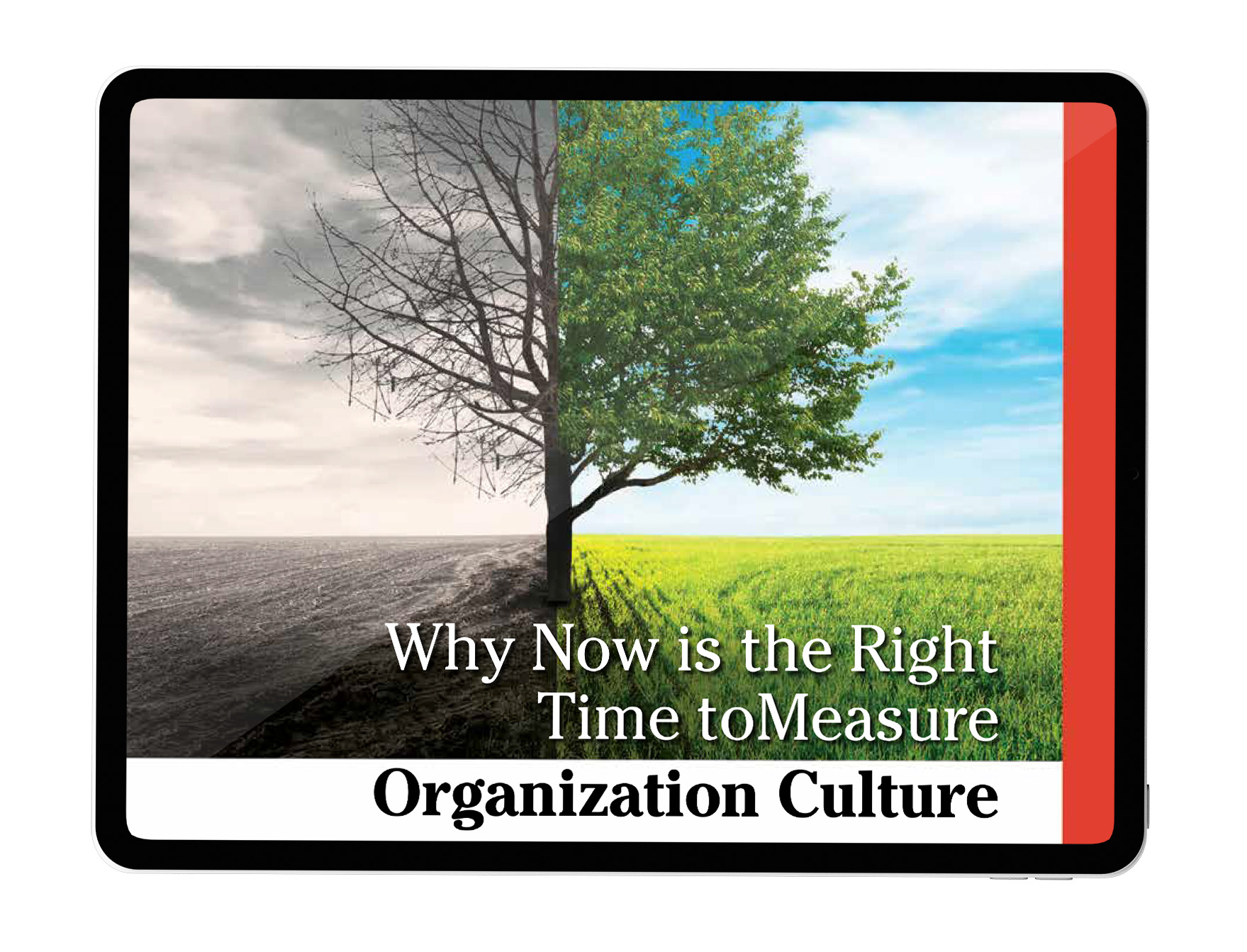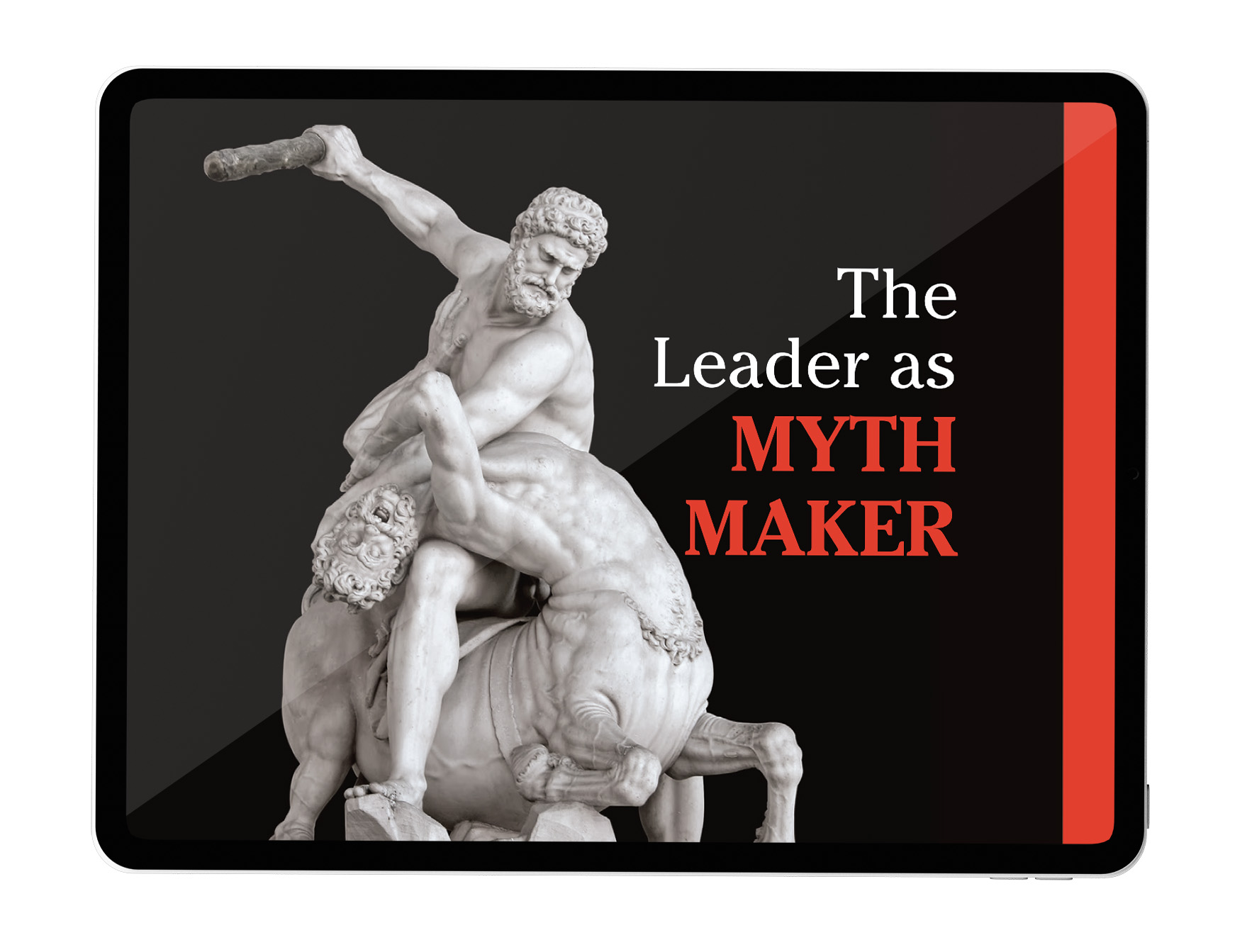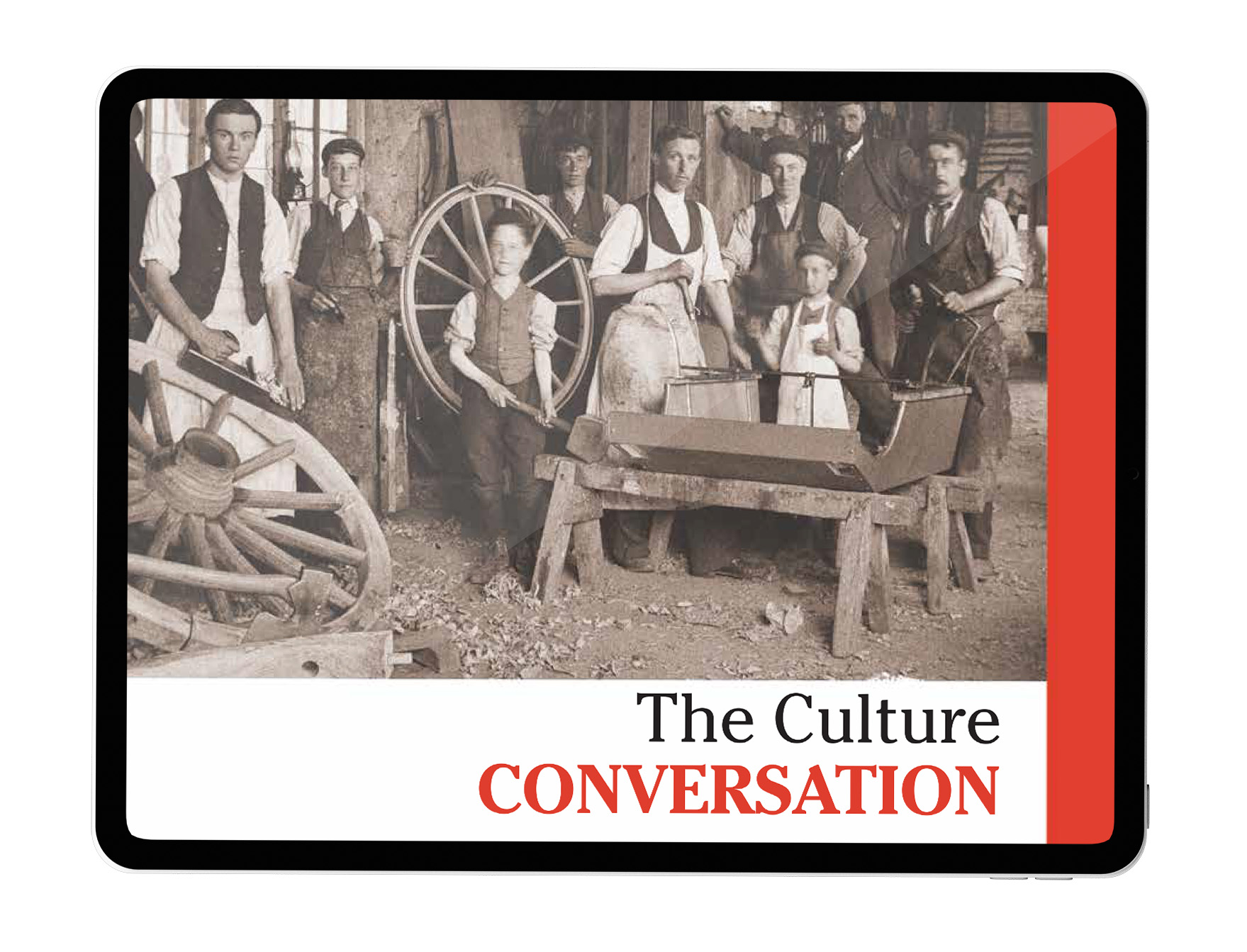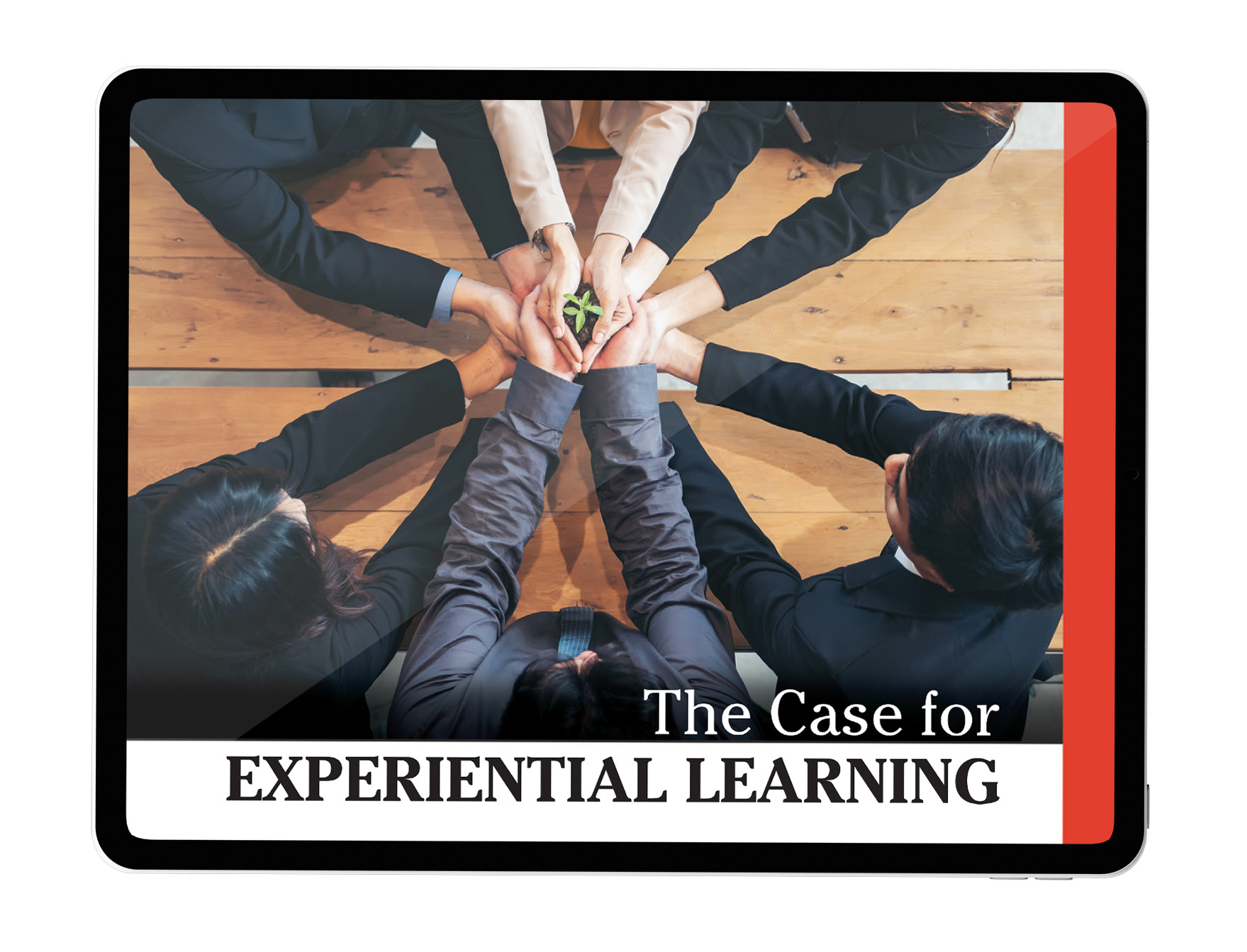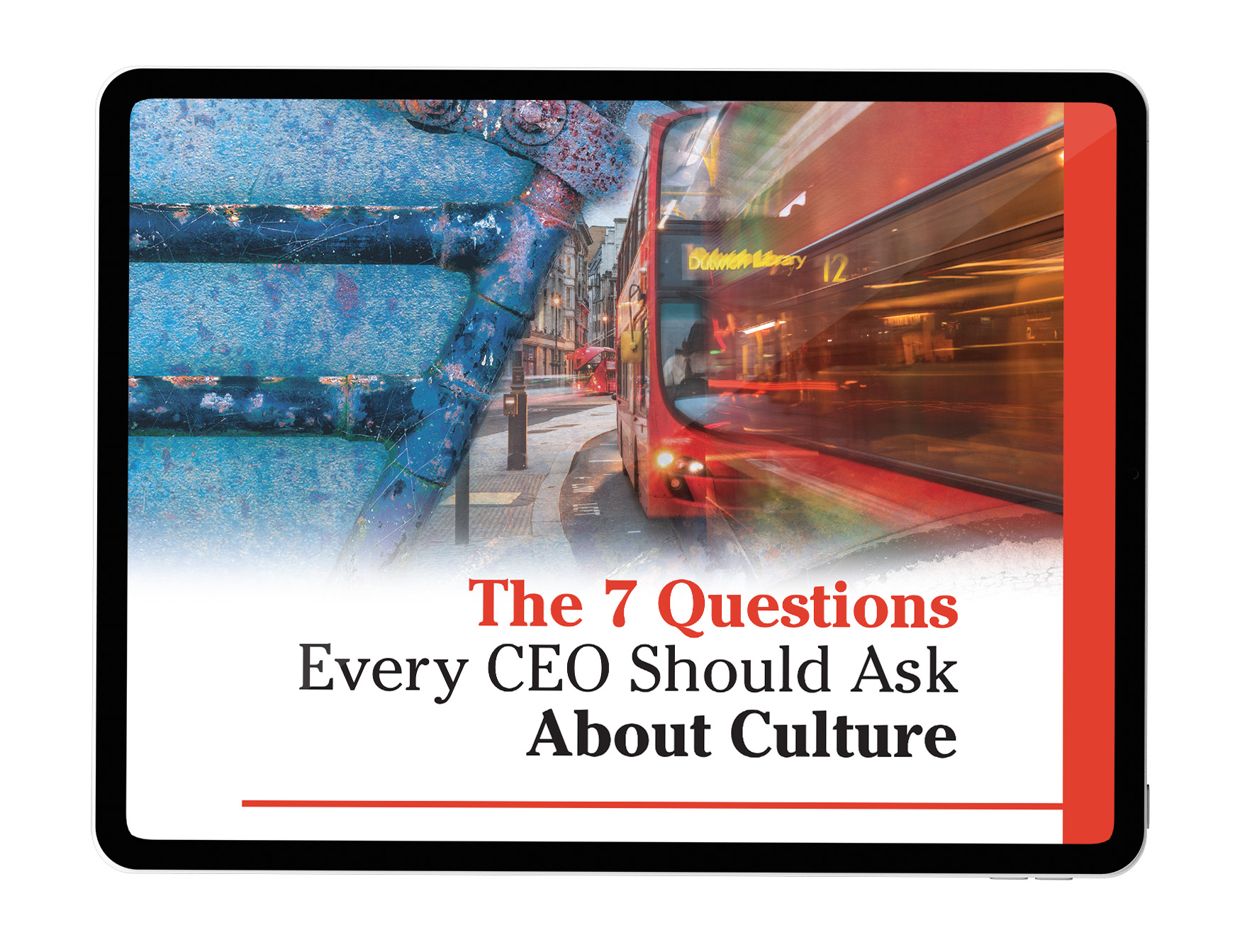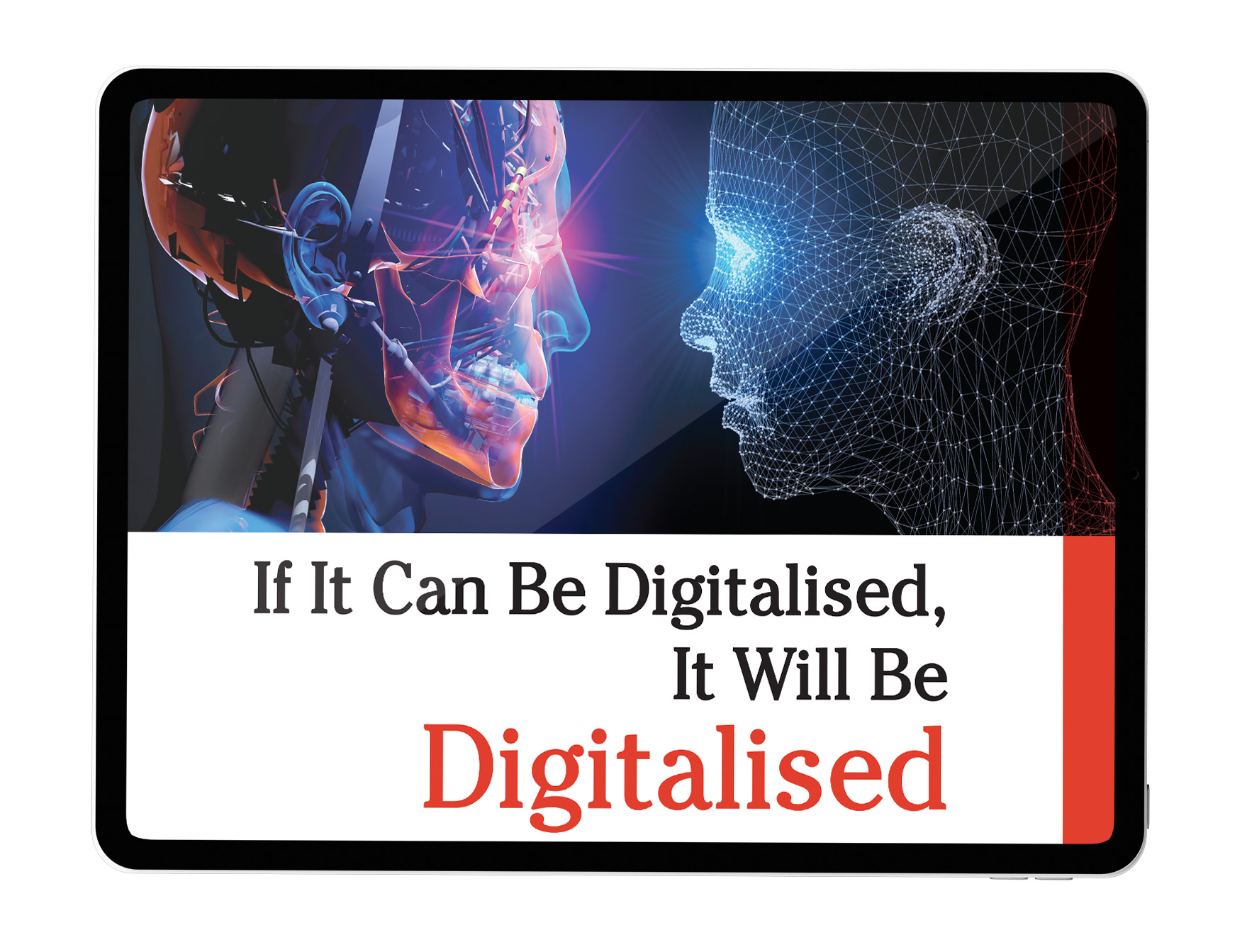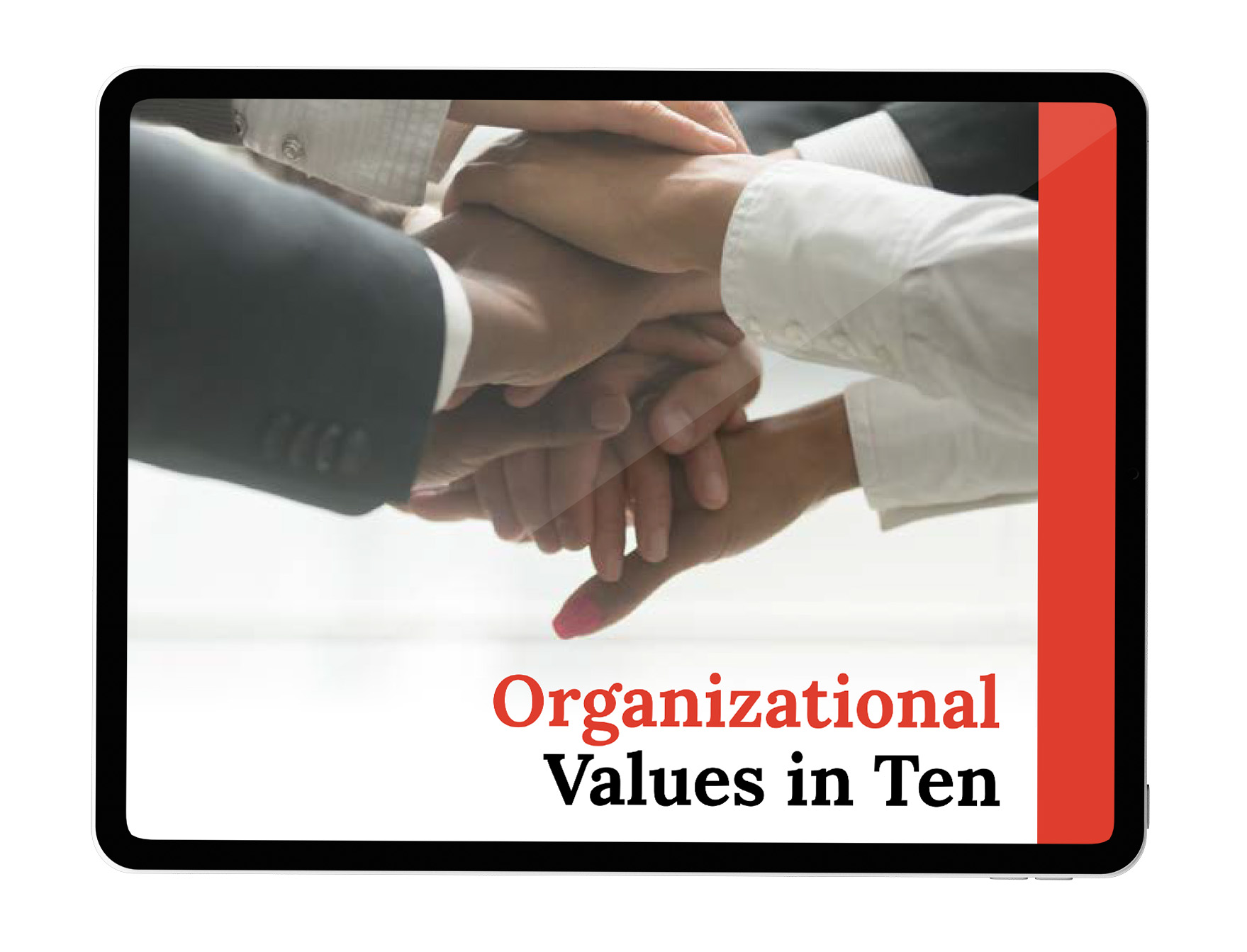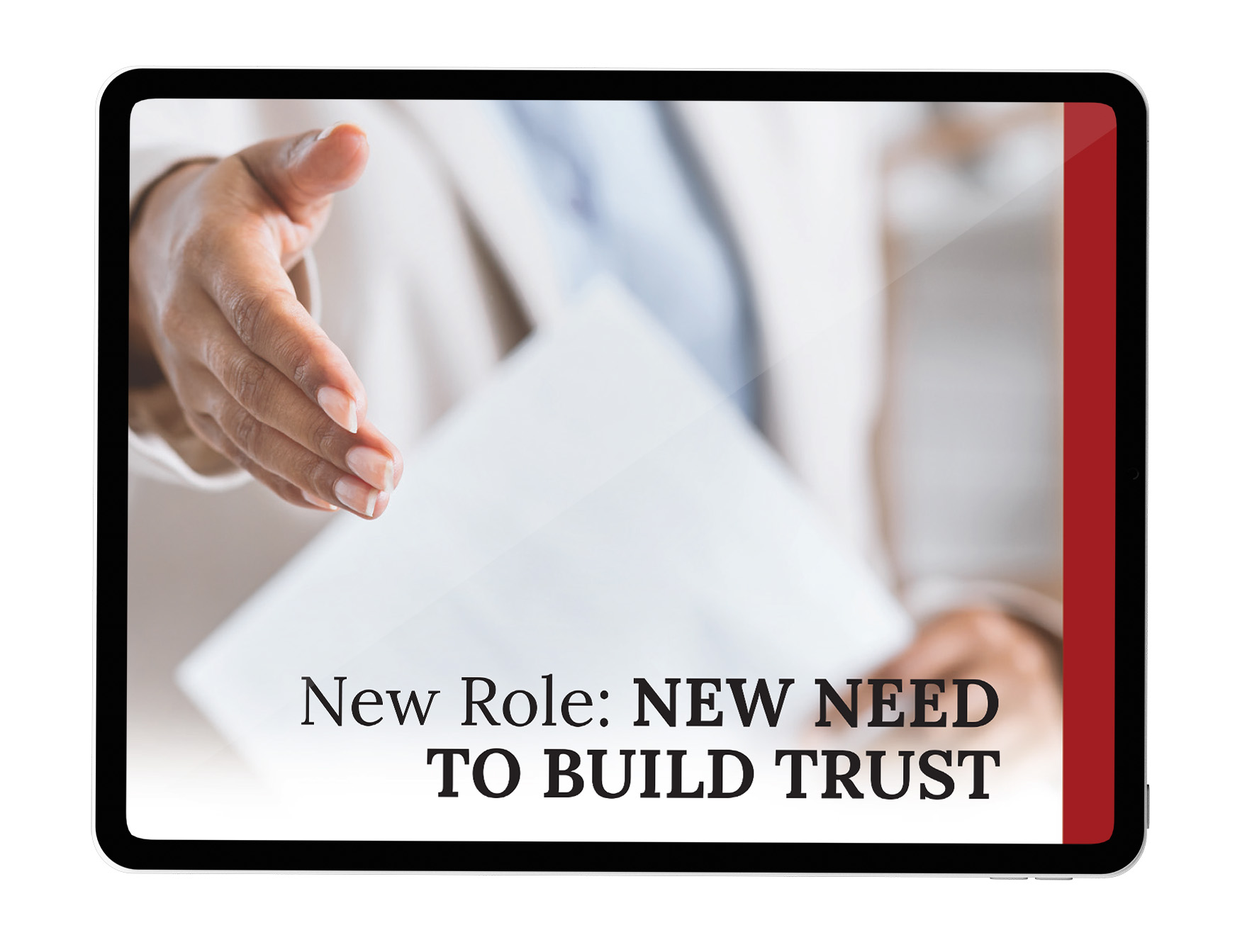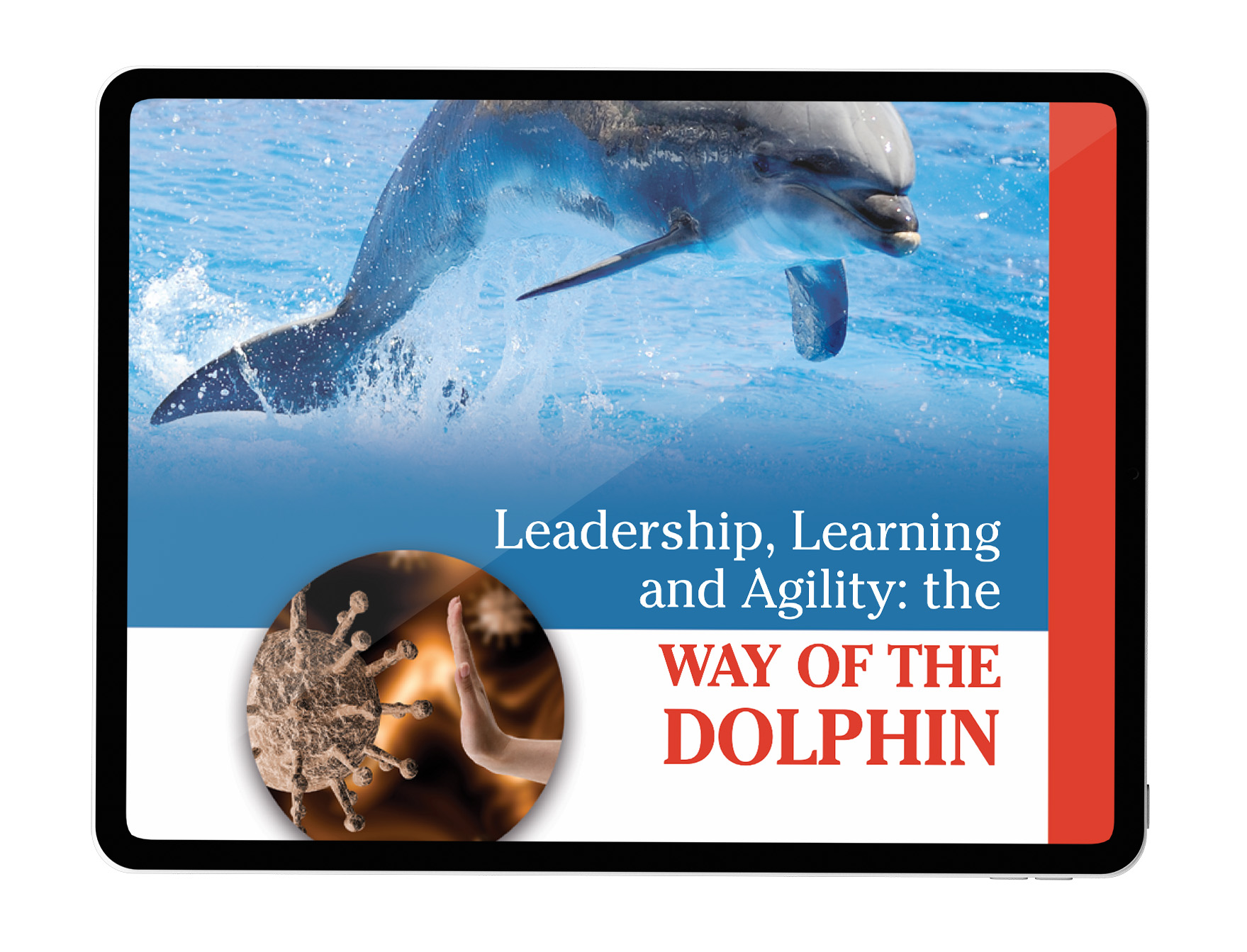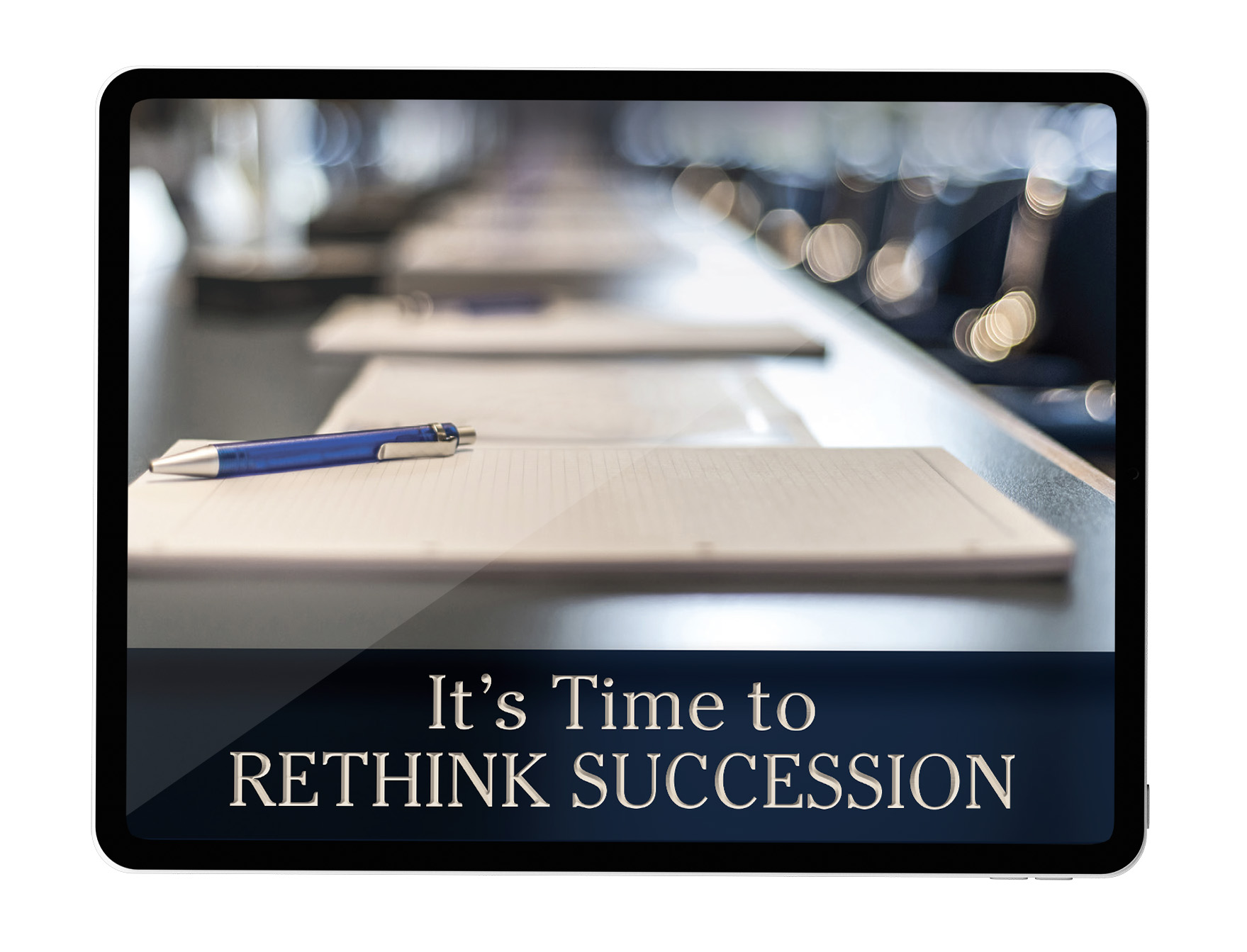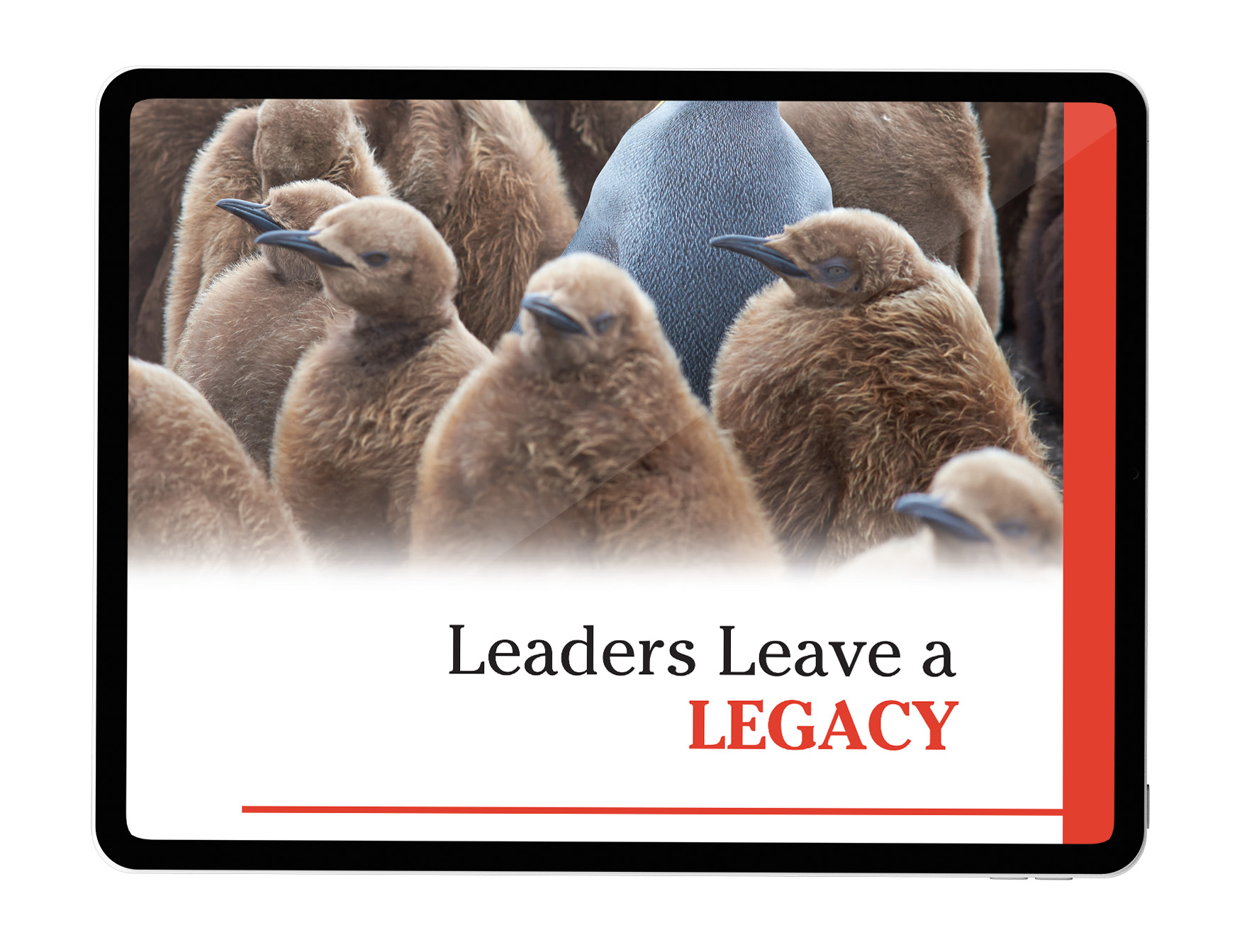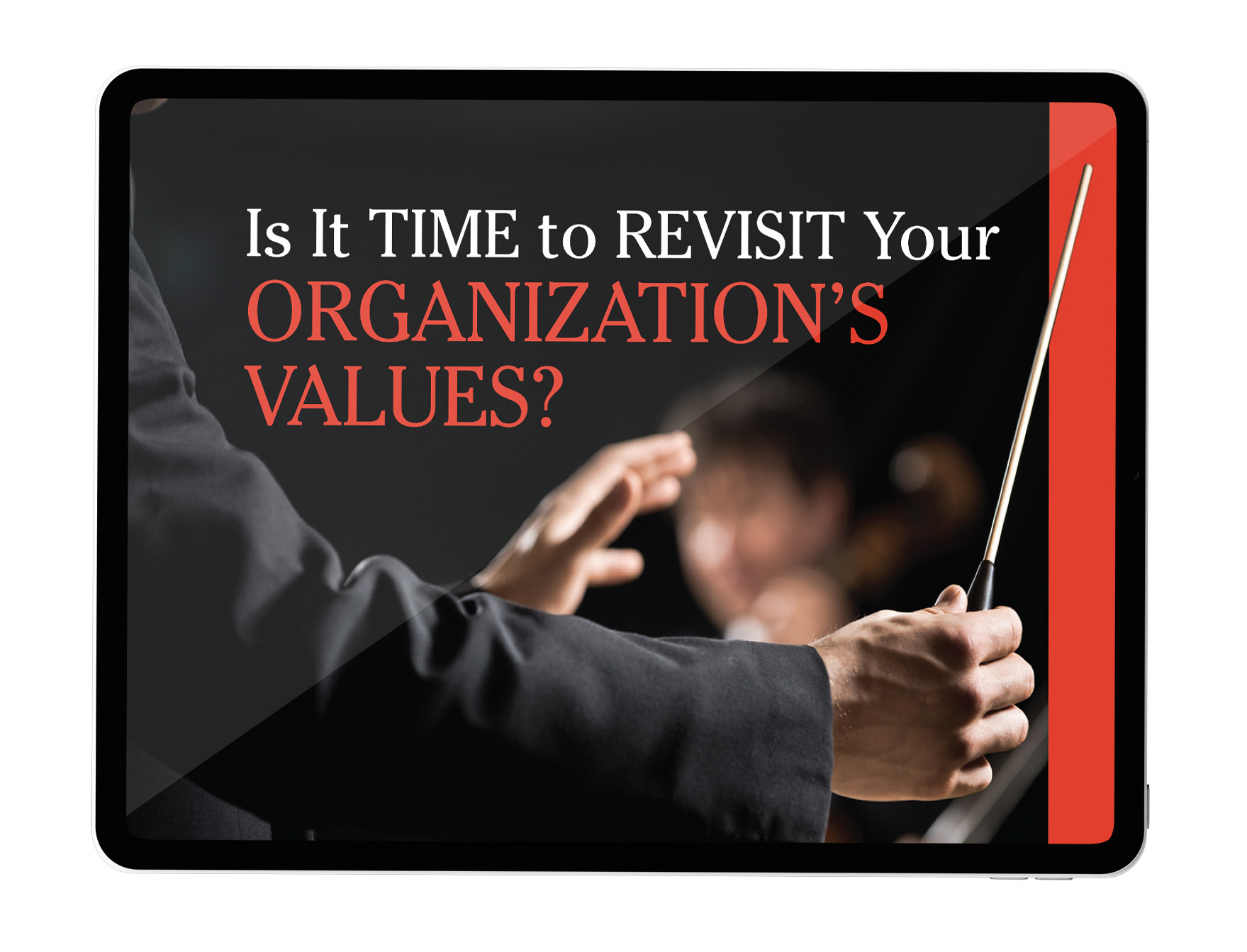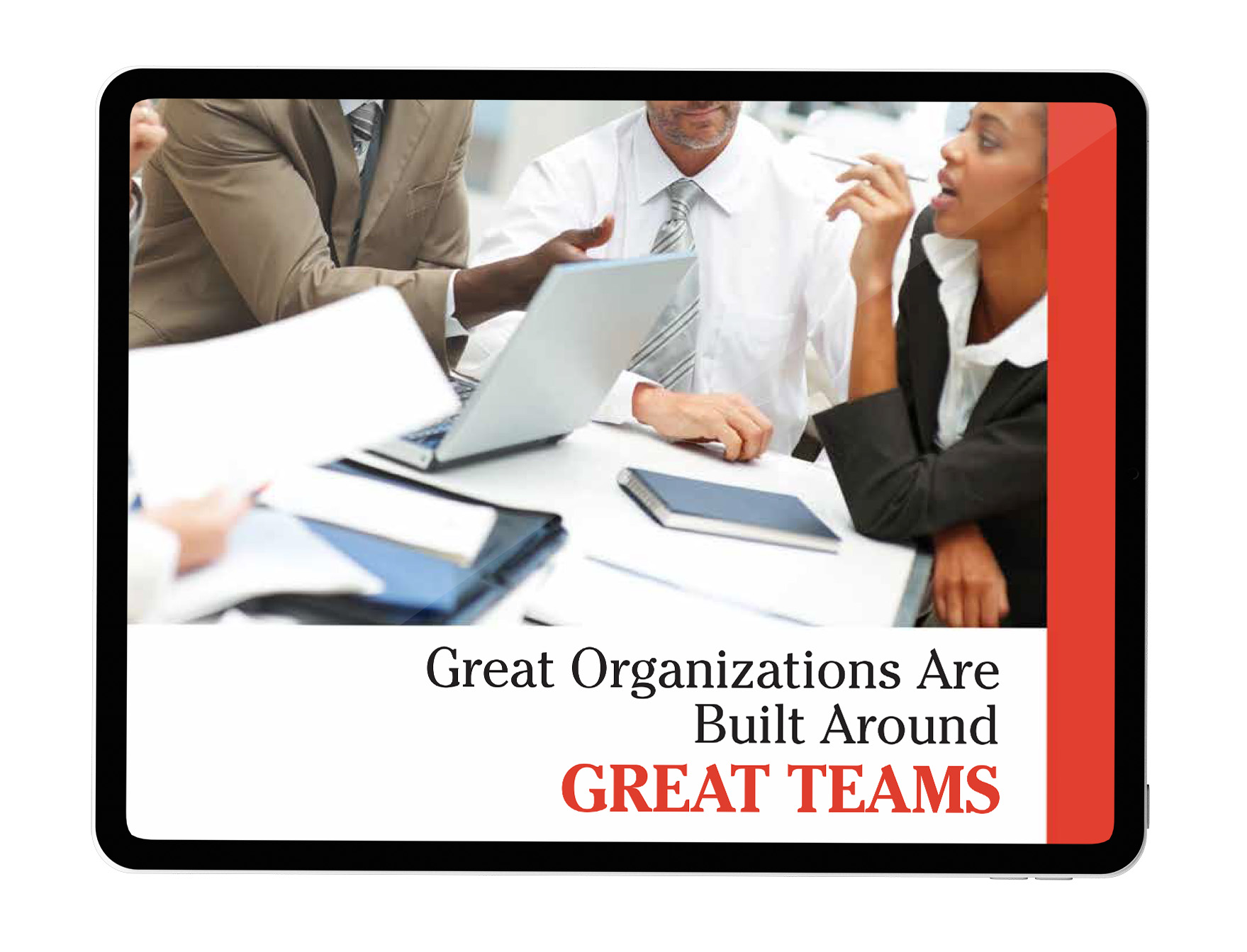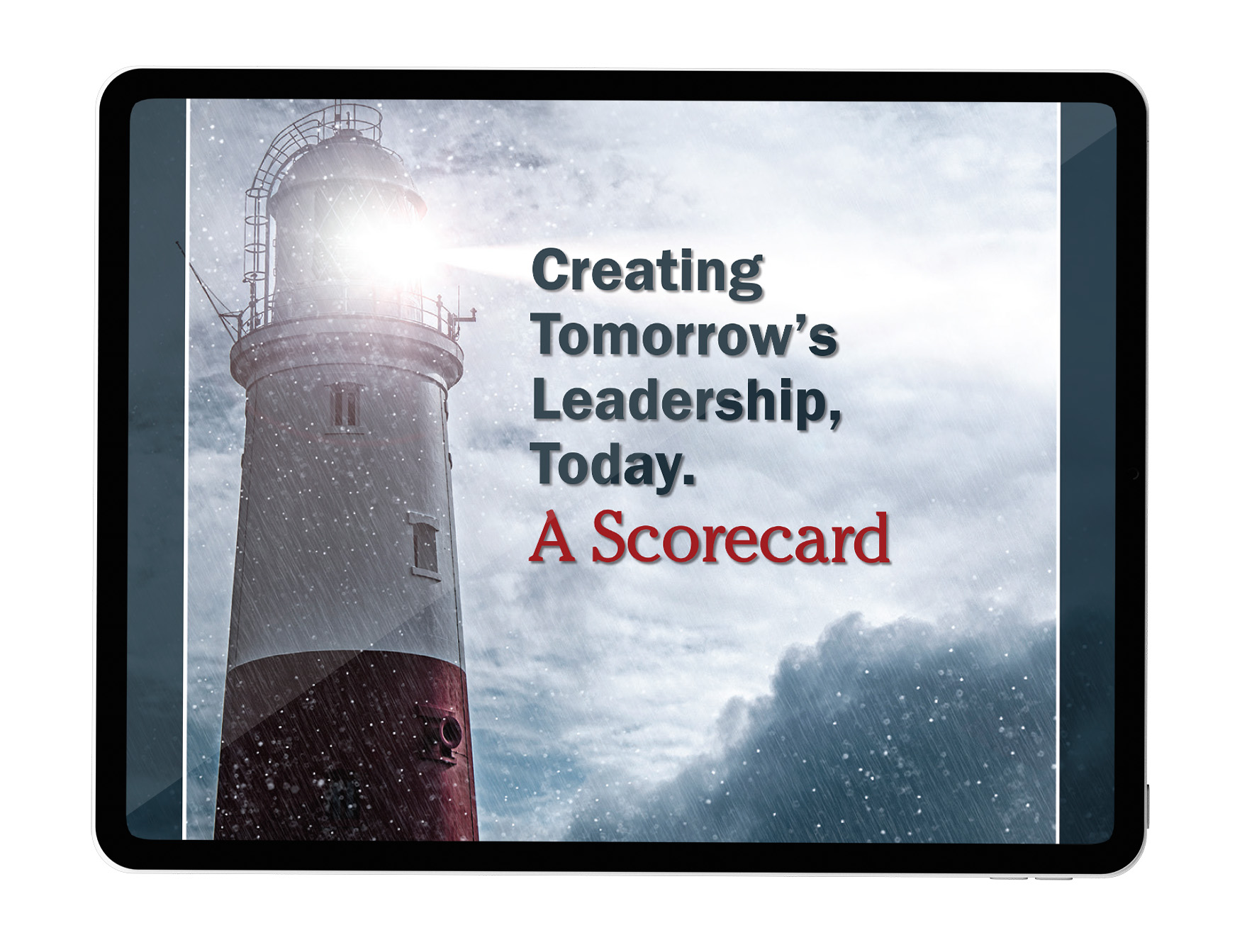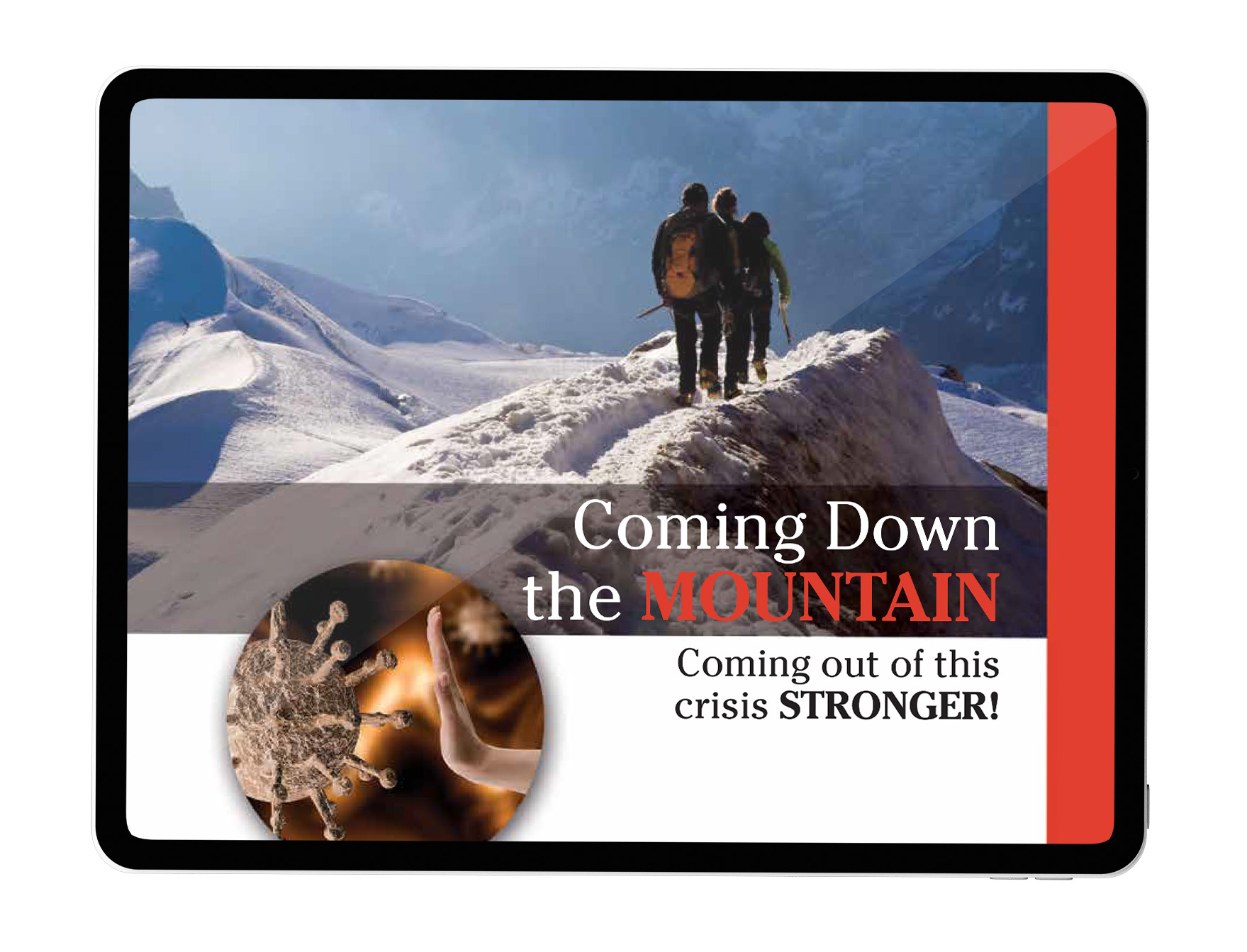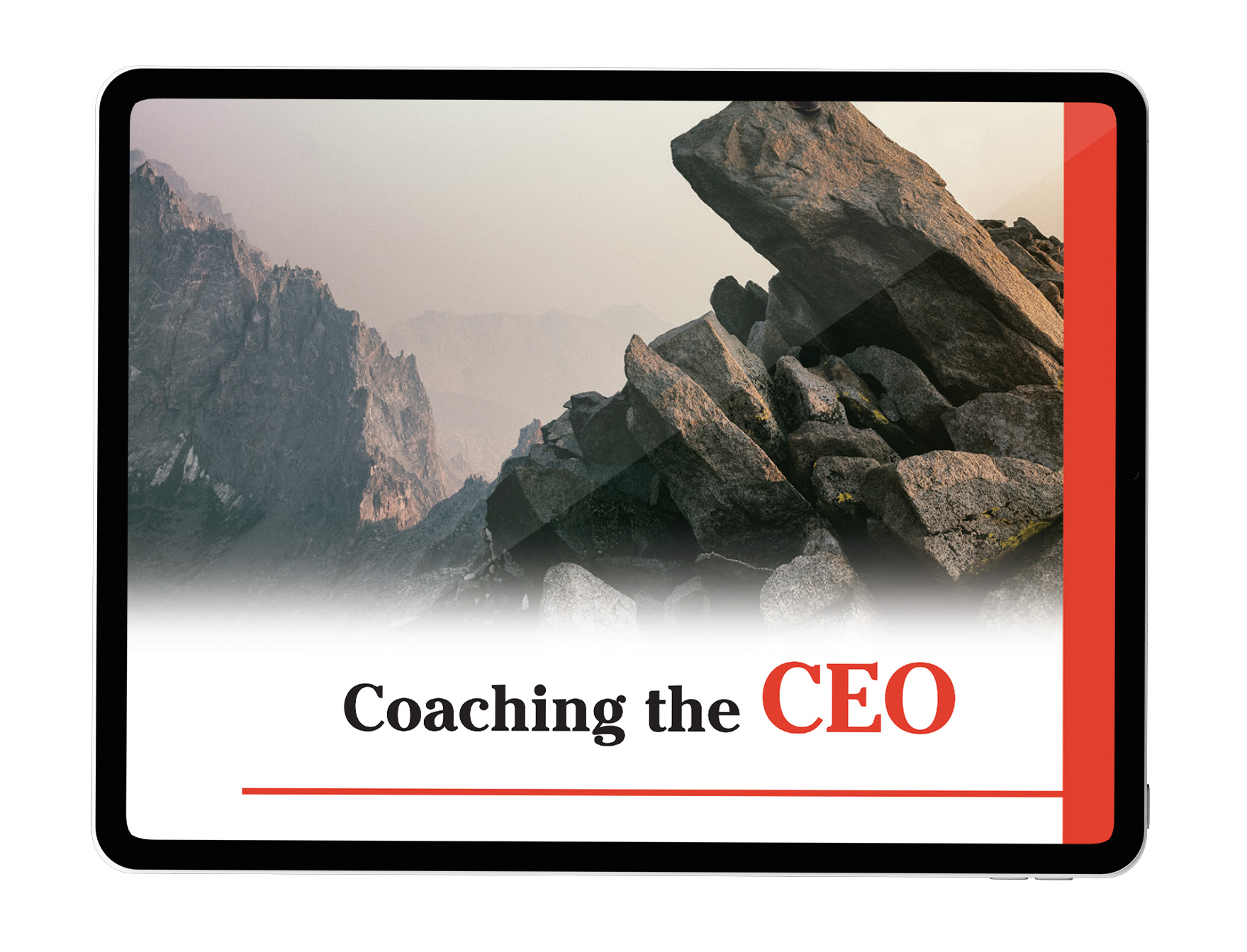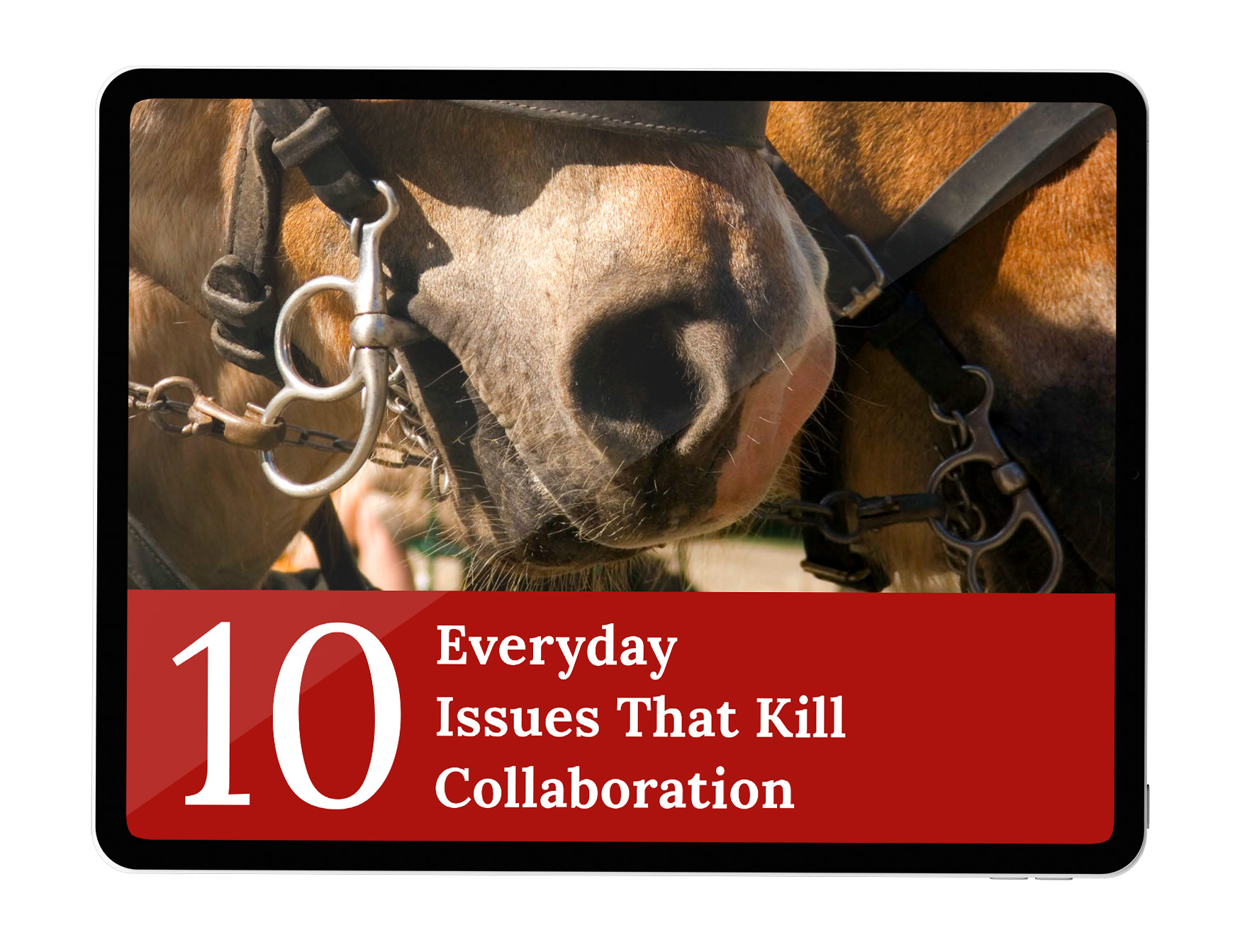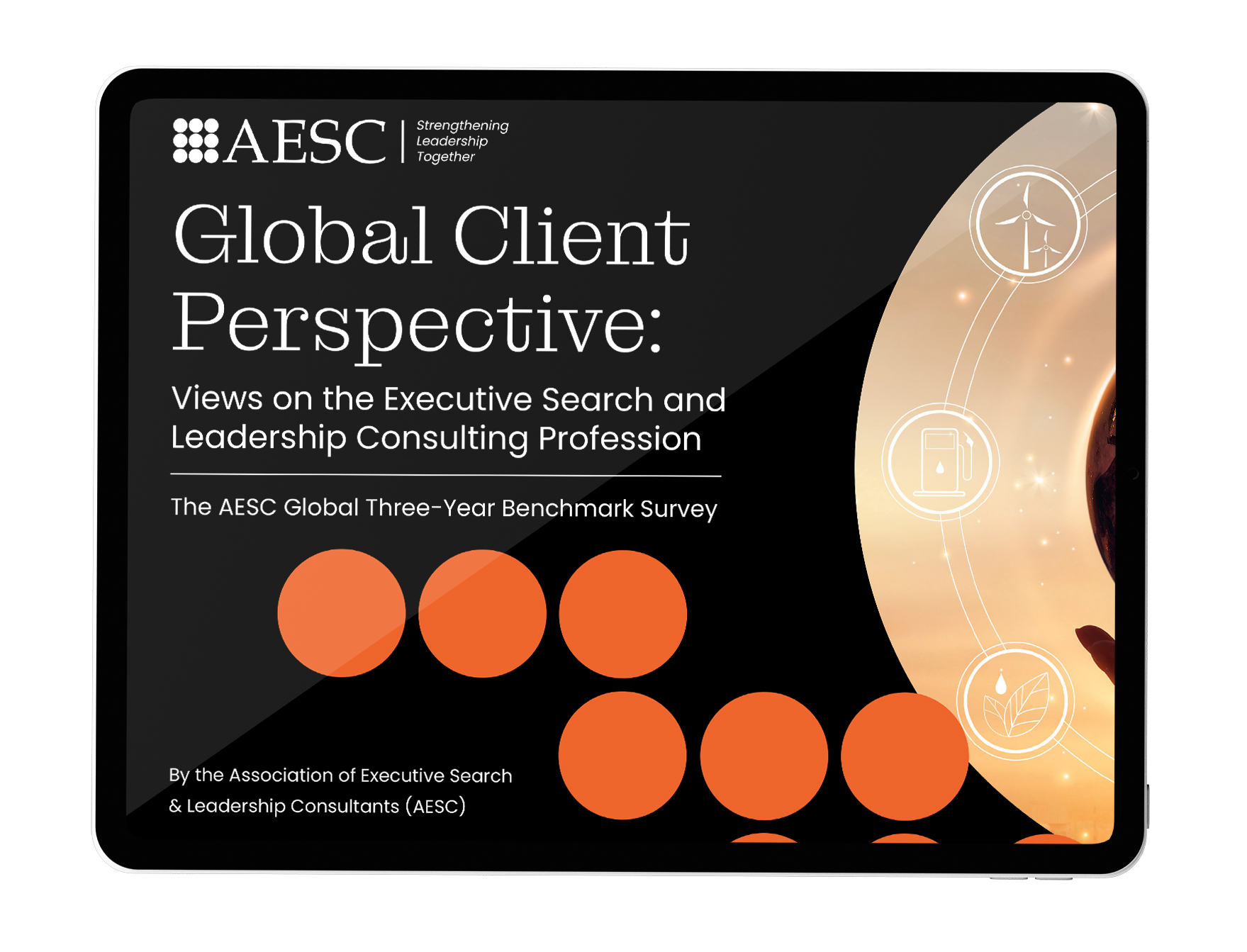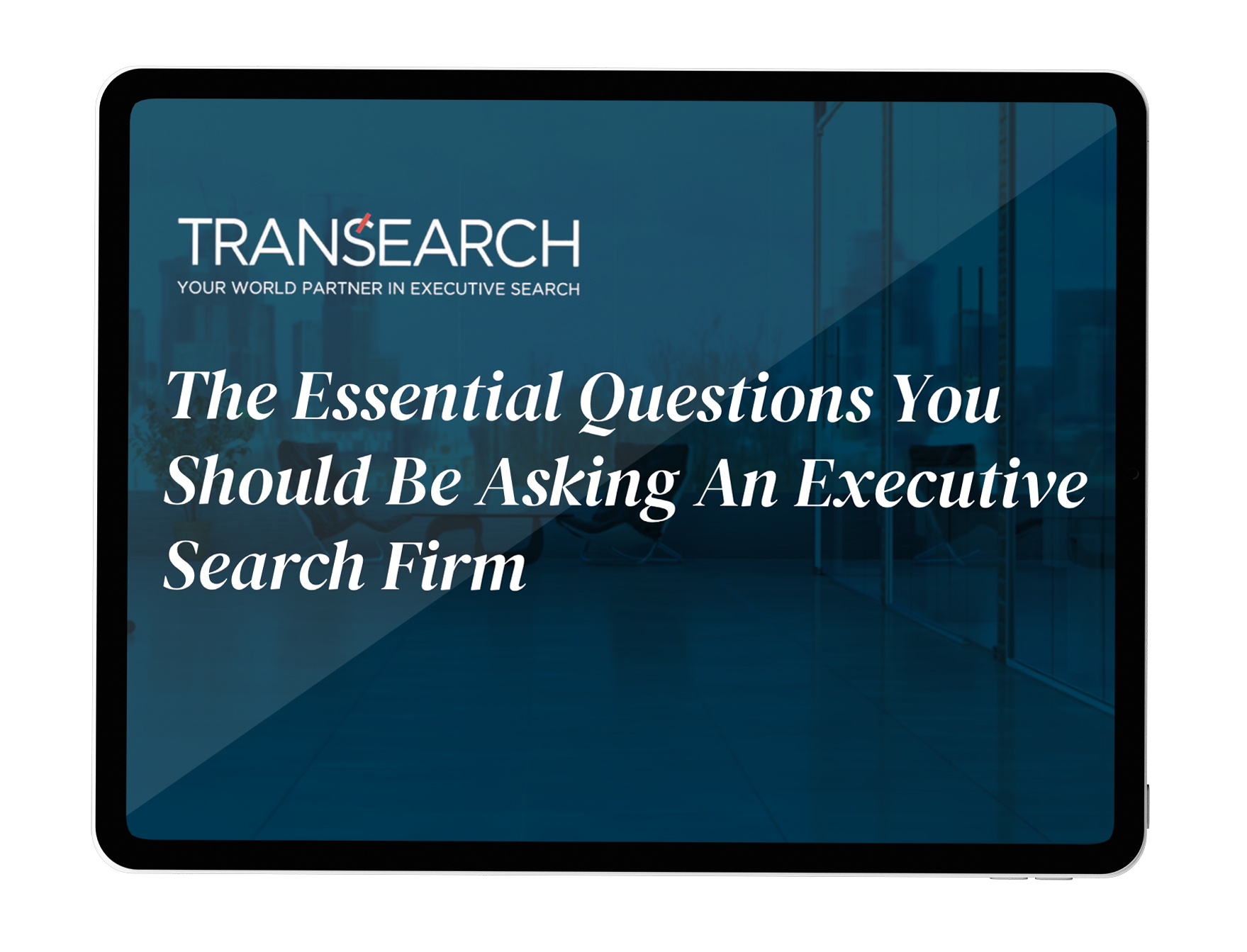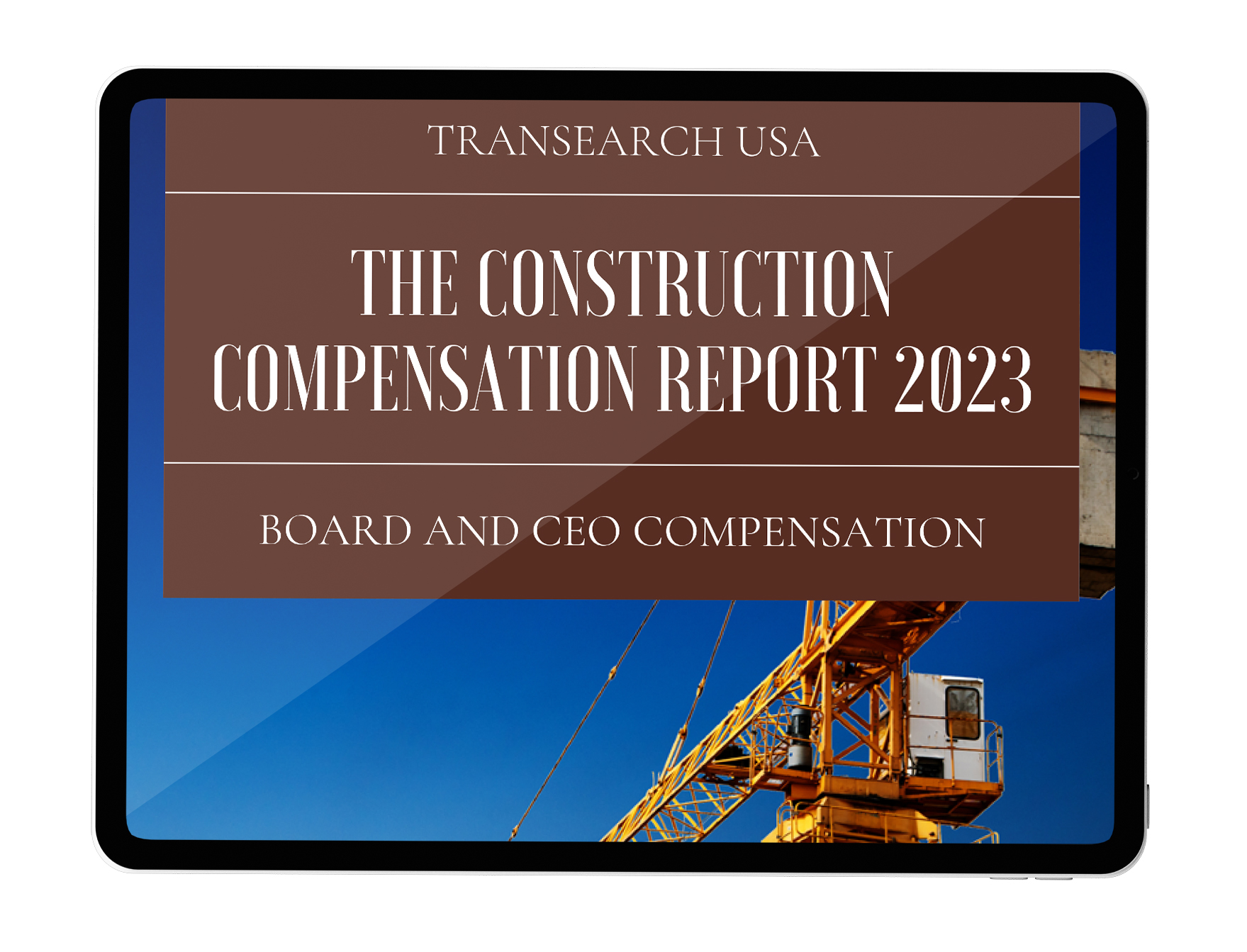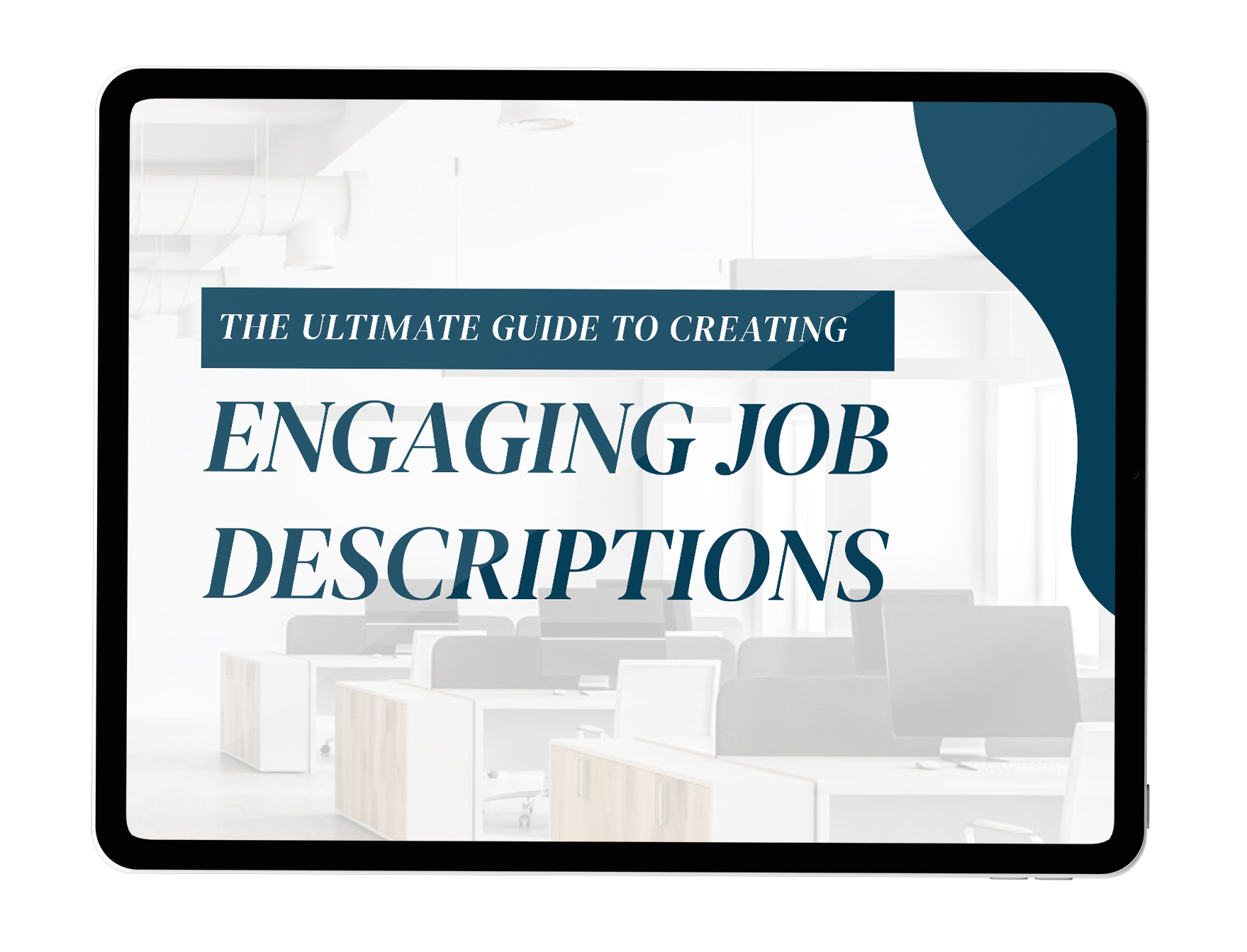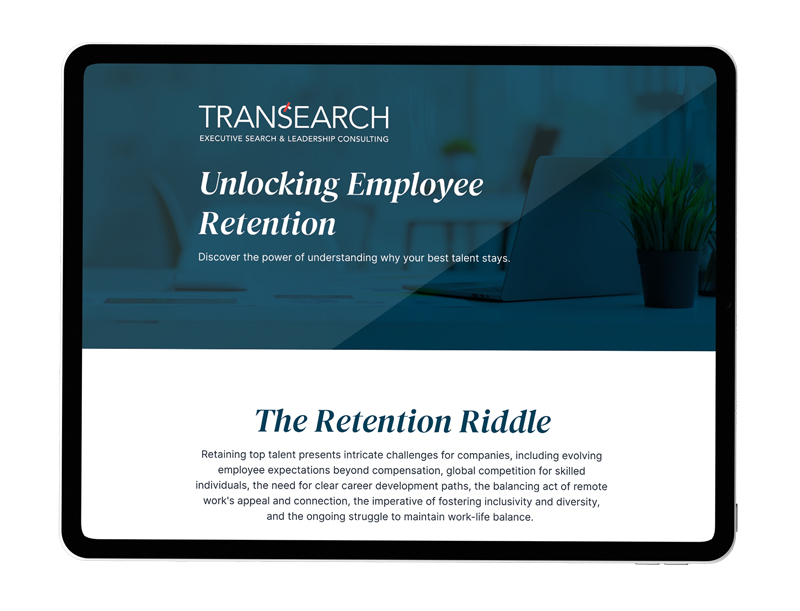Before starting my current role a little over a month ago, I spent the 3 ½ prior weeks actively searching for a new position. I lost count after participating in 25 interviews! Many of the companies offered considerable salaries and benefits. Some even threw in perks like Pelotons or free daily DoorDash! I have never seen a market like this, where candidates are cruising in the driver seat and employers are just struggling to keep up.
My experience reflects what most of today’s workforce feels. Research from the Harvard Business Review reports that trust isn’t a fluffy “nice to have,” it is a cornerstone for organizations’ health and performance. People who work for companies where authentic trust is prioritized are more successful. Their levels of stress and burnout are significantly less, at 74% and 40% respectively. And when trust is embedded in the culture, employees flourish. Employees are 76% more engaged in their work and 50% boast increased productivity when working for an employer who prioritize building trust.
So if you want to keep current staff from fleeing for the exits and have great candidates knocking on your door, foster a strong culture of trust, open communication, and flexibility. Here are four proven strategies on how to do just that:
1. Stay true to your word
When I was interviewing, some recruiters would say, ‘I’ll get back to you soon,” and never follow up. Or I’d hear “they really liked you” after an interview and yet again, I would not hear back. This left me feeling mistrustful of not only the recruiter, but the company by extension, as the recruiter is their representative to the employee market. On the flip side, trust is nurtured when people follow through on what they say they are going to do.
For example, with TRANSEARCH, every commitment made to me during the interview process was followed up on and kept. And now that I work here myself, I see that is the way interactions are handled with every candidate and client. Even when the news isn’t good (such as a candidate not being chosen for a role), my colleagues will contact the candidate and give whatever feedback we have available. They practice what they preach and that engenders trust both internally and externally. In our industry especially, our reputation is the key to our success.
2. Make the first move
While trust is earned over time, remote or hybrid organizations can cultivate a culture of trust by making the first move. Give your employees autonomy to prove themselves right from the start. Offer workers the opportunity to attend important meetings, participate in professional development sessions, and take on extra responsibilities.
While I’m very new to the company, my boss has already invited me to attend our international conference in Rome this coming spring! Here I also feel free to achieve and I am not micromanaged. These gestures tell an employee, we trust and believe in you. By making the first few moves, employers are far more likely to find their employees have faith in them and will be more invested in their work and the company.
At the end of my first week on Friday afternoon, my new manager sent me a small note that made a large impact: “Have a great weekend, Nic! Everyone is really impressed so far. Keep up the good work.” Little touchpoints like these can make a HUGE difference in the comfort and trust level of a new member of your team.
3. Open, frequent, and fun communication
At TRANSEARCH, like many other businesses in distributed environments, our team is spread across several cities in the U.S., Canada, and Mexico. That means some of the typical ways relationships evolve, such as water cooler chats and impromptu coffee breaks, aren’t feasible. So open, frequent, and fun communication is essential.
I recommend regular check-ins between a manager and their team via video calls, instant messaging, texting, or whatever method is most convenient. I have these kinds of touchpoints with my boss and other teammates regularly and the openness is invaluable for promoting trust.
And I encourage you to not only talk about work. Open up about hobbies, family, and everyday life matters to your comfort level. Add in fun activities for the broader team, like trivia and virtual socials. Even something as simple as having a Teams channel dedicated to life outside the office where your team can share their favorite new shows or music helps with building camaraderie.
Go the extra mile to show that you care about your employees as people as well as staff. This will make them feel safe and comfortable, and trust will inevitably percolate.
4. Let there be flexibility
Do you know what it feels like when I pop on a polo shirt, comfy shorts and walk a few feet down to my basement office to start my work day? Amazing! The time saved avoiding a commute and the convenience puts a smile on my face every morning. But the smile is also from the trust factor implicit in the flexibility provided. My boss is in a different state, with no in-person oversight, but has total faith that I will get the job done. It’s an inherent motivator for me to be productive and help the business flourish.
I’ll leave it to Reid Hoffman, co-founder of LinkedIn, to sum up how I see trust being mutually beneficial for workers and businesses: “Trust and mutual value creation helps both employer and employee compete in the marketplace.”













